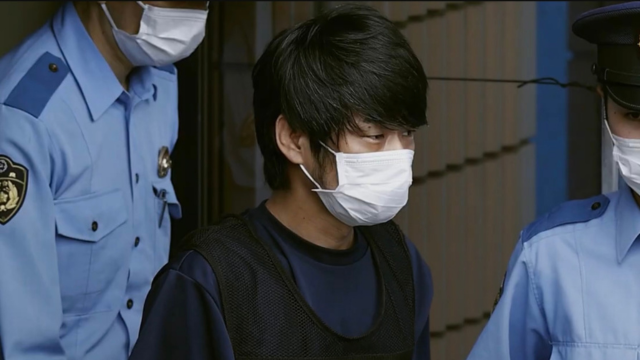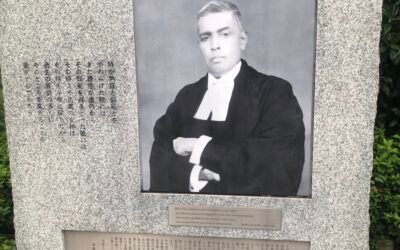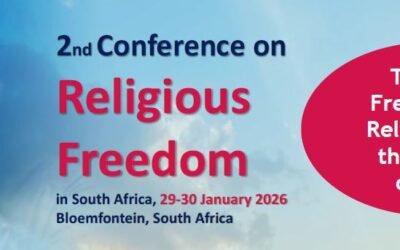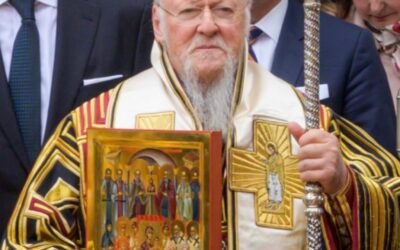In 2009, all members of the Yamagami family, including the future killer, signed a settlement with the Unification Church and got 50 million yen back.
by Massimo Introvigne

The trial of Tetsuya Yamagami, the man who assassinated former Prime Minister Shinzo Abe in 2022, is finally underway. And among the defense witnesses, one name stands out: his mother.
Yes, the same mother whose donations to the Unification Church (now the Family Federation for World Peace and Unification) were blamed by Yamagami for the family’s financial collapse and his decision to punish Abe for supporting the Church. She will testify in court, likely in an effort to secure the most lenient sentence possible for her son. Also testifying is a scholar known for his anti-Unification Church bias—someone “Bitter Winter” has repeatedly criticized for parroting the discredited anti-cult ideology and even collaborating with Chinese anti-cultists.
Yamagami’s mother is still a member of the Church. And here is what no media outlet has mentioned—but “Bitter Winter” can document: in 2009, the entire Yamagami family, including the assassin himself, settled with the local believers’ group of the Unification Church and released all claims.
The settlement, signed on May 22, 2009, required the believers’ group to pay 50 million yen to the family. Tetsuya Yamagami himself signed the agreement, together with his mother, sister, and brother. It stated that once the believers’ group fulfilled its obligations, no family member would pursue civil liability or criminal accusations against the Church or its affiliates regarding the donations made by the future assassin’s mother.
Every party confirmed they had no rights or duties beyond what was agreed. The payments were completed over the following years, with Church members contributing. The settlement was designed to address the financial difficulties of the relatives—though Mrs. Yamagami herself confirmed that her donations had been voluntary and she remained a committed member.
Mrs. Yamagami went bankrupt in 2002. Her son killed Abe twenty years later. In between, the Church paid 50 million yen to the family. So why did the crime happen in 2022?
That question becomes even more pressing when we consider the timing. Tetsuya Yamagami waited for twenty years. He signed a settlement and continued to wait. Could it be that in the end the assassin’s fragile mind was inflamed by his online interactions with the anti-cult milieu and the media’s relentless hate campaign against the Unification Church?
This trial will no doubt be a spectacle. But the court—and the public—should also consider the timing and know what was signed, what was settled, and what was paid. The truth is not always loud. Sometimes, it’s buried beneath decades of propaganda.

Massimo Introvigne (born June 14, 1955 in Rome) is an Italian sociologist of religions. He is the founder and managing director of the Center for Studies on New Religions (CESNUR), an international network of scholars who study new religious movements. Introvigne is the author of some 70 books and more than 100 articles in the field of sociology of religion. He was the main author of the Enciclopedia delle religioni in Italia (Encyclopedia of Religions in Italy). He is a member of the editorial board for the Interdisciplinary Journal of Research on Religion and of the executive board of University of California Press’ Nova Religio. From January 5 to December 31, 2011, he has served as the “Representative on combating racism, xenophobia and discrimination, with a special focus on discrimination against Christians and members of other religions” of the Organization for Security and Co-operation in Europe (OSCE). From 2012 to 2015 he served as chairperson of the Observatory of Religious Liberty, instituted by the Italian Ministry of Foreign Affairs in order to monitor problems of religious liberty on a worldwide scale.



